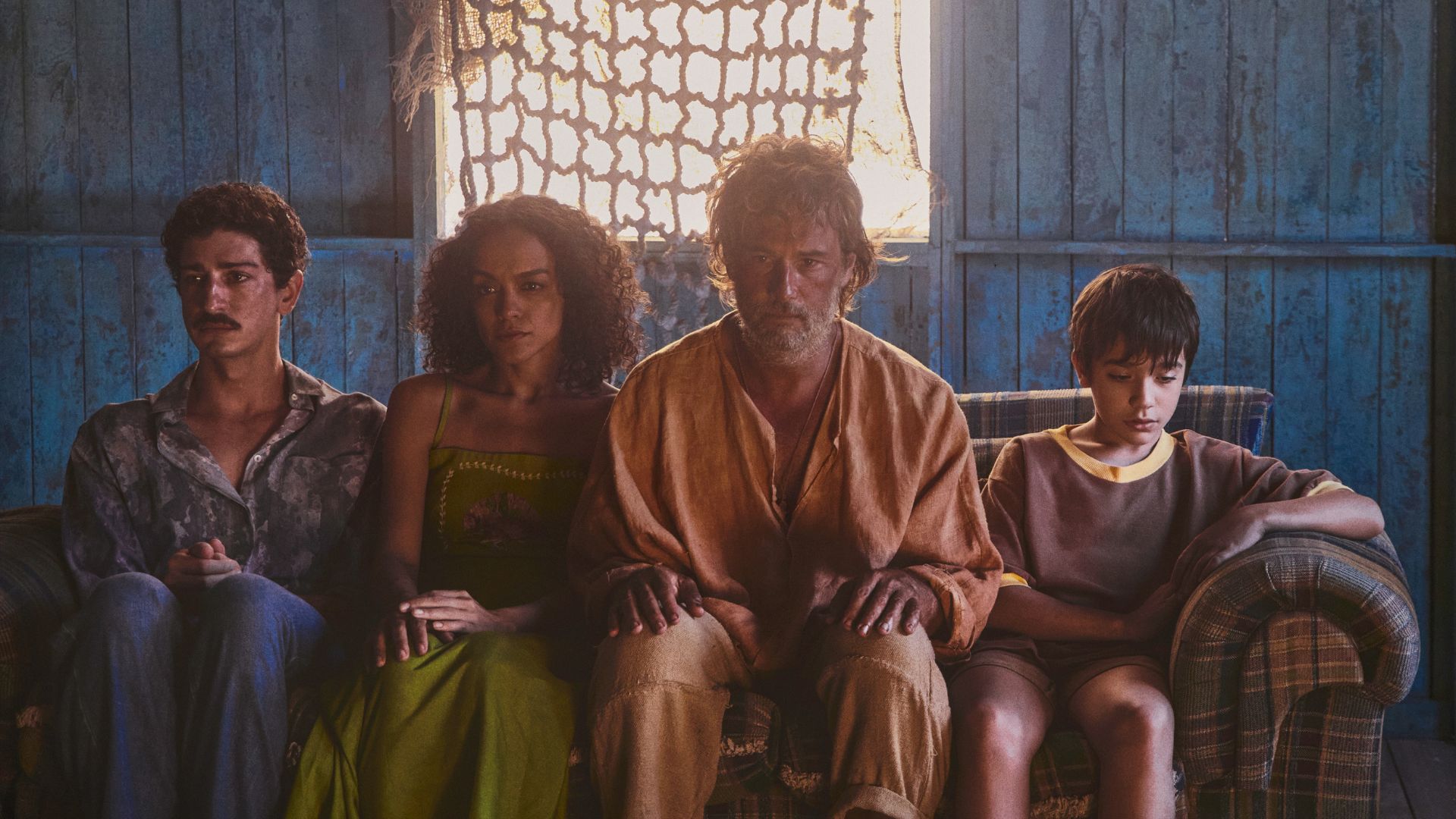In Brazil, the transfer of part of the infrastructure costs to content distribution companies is being discussed
A series Korean Round 6 is at the center of a global debate on the cost of digital infrastructure. He was successful everywhere, but in her country of origin it was a special case. When it was launched by Netflix in 2021, local data traffic multiplied by 26. SK Broadband, which provides broadband, went to court to obtain compensation for the additional cost. The dispute ended up in the Seoul High Court and the Korean Parliament decided to review the law on telecommunications companies.
The case of Round 6 it is emblematic. The dispute worries governments around the world. On the one hand there are the infrastructure providers. On the other hand, content distribution companies, called exaggerated (over the top, in free translation), or simply OTT. In the United States, Congress is analyzing the Fair Contributions Act bill, which includes studies on creating a fund with OTT money.
The European Union, which links infrastructure financing with digital inclusion and accessibility, has included the issue in the European Digital Decade programme. In February, the European Commissioner for the Internal Market, Thierry Berton, launched a public consultation so that Europeans could decide who should finance digital infrastructure.
The National Telecommunications Agency (Anatel) introduced the debate in Brazil with the Subsidy Revenue 13/2023. The discussion focuses on the concept of fair sharewhich in Portuguese is equivalent to “fair contribution” and, in commercial language, speaks of the transfer of part of the infrastructure costs to OTTs.
Telecom companies justify this streaming, social networks and some services represent 70% of data traffic in the European Union. On the other hand, European VOD, a coalition of the bloc’s digital entertainment companies, argues that they are not responsible for the increase in traffic, but consumers, who use data-intensive services.
The dispute has reached the realm of security. The American court analyzes the Gonzalez case against Google LLC, in which the family of a victim of the 2015 Paris terrorist attacks holds the company responsible for broadcasting Islamic State videos. In Europe, the new Digital Services Regulation and the Digital Markets Regulation seek solutions to these problems.
In Brazil, regulators monitor the principle of neutrality, which has been the basis of laws since the dawn of the Internet in the country and remains valid, but debates in the United States, Europe and Asia will be taken into account.
Alexandre Freire is councilor-director of Anatel and president of the Center for Advanced Studies on Telecommunications. Ricardo Campos is a lawyer and professor at the Goethe-Universität Frankfurt am Main
Source: Terra
Rose James is a Gossipify movie and series reviewer known for her in-depth analysis and unique perspective on the latest releases. With a background in film studies, she provides engaging and informative reviews, and keeps readers up to date with industry trends and emerging talents.







